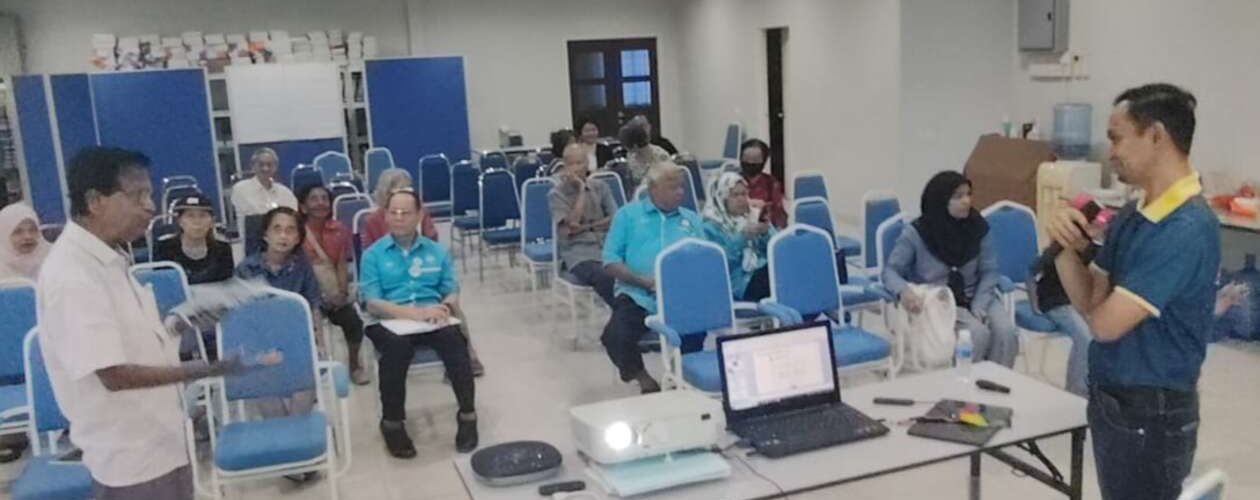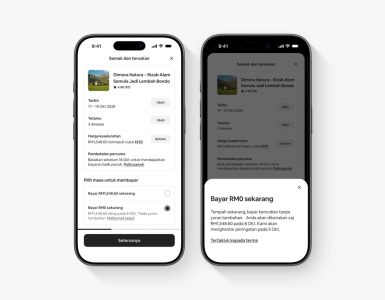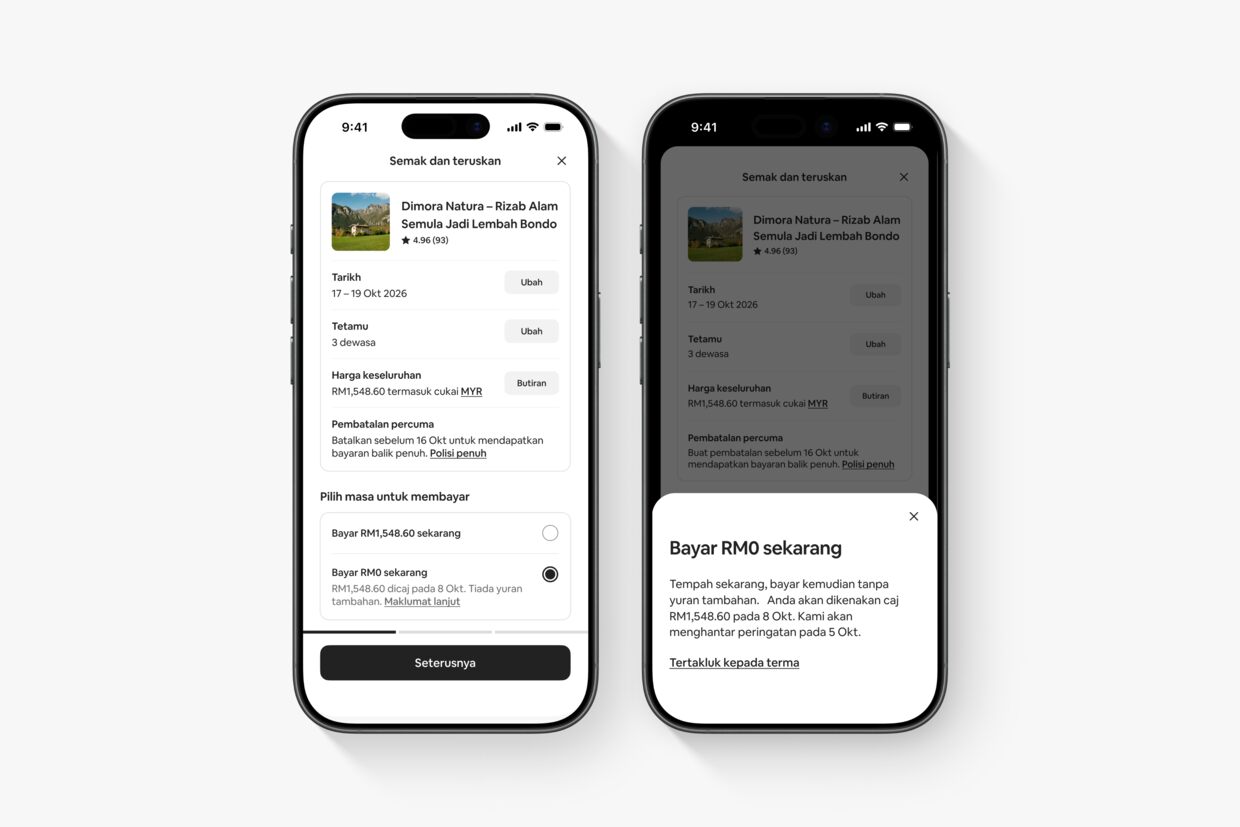Diabetes is often considered a “ticking time bomb” in Malaysia due to its high and rising prevalence. According to the National Health and Morbidity Survey (NHMS) 2019, about one in five Malaysian adults (18.3%) has diabetes, and the numbers have been increasing over the years. Several factors contribute to this crisis, including unhealthy dietary habits, sedentary lifestyles, obesity, an ageing population, and the growing burden on the healthcare system.
Without intervention, diabetes could overwhelm hospitals and lead to a lower quality of life for millions of Malaysians. Addressing this issue requires a multi-pronged approach, including public awareness campaigns, lifestyle modifications, and education on diabetes management. To tackle this challenge, Diabetes Malaysia recently organised an insightful health talk titled “Active Ageing & Diabetes in Ramadan” to educate individuals on the importance of healthy ageing and safe fasting practices for diabetics.
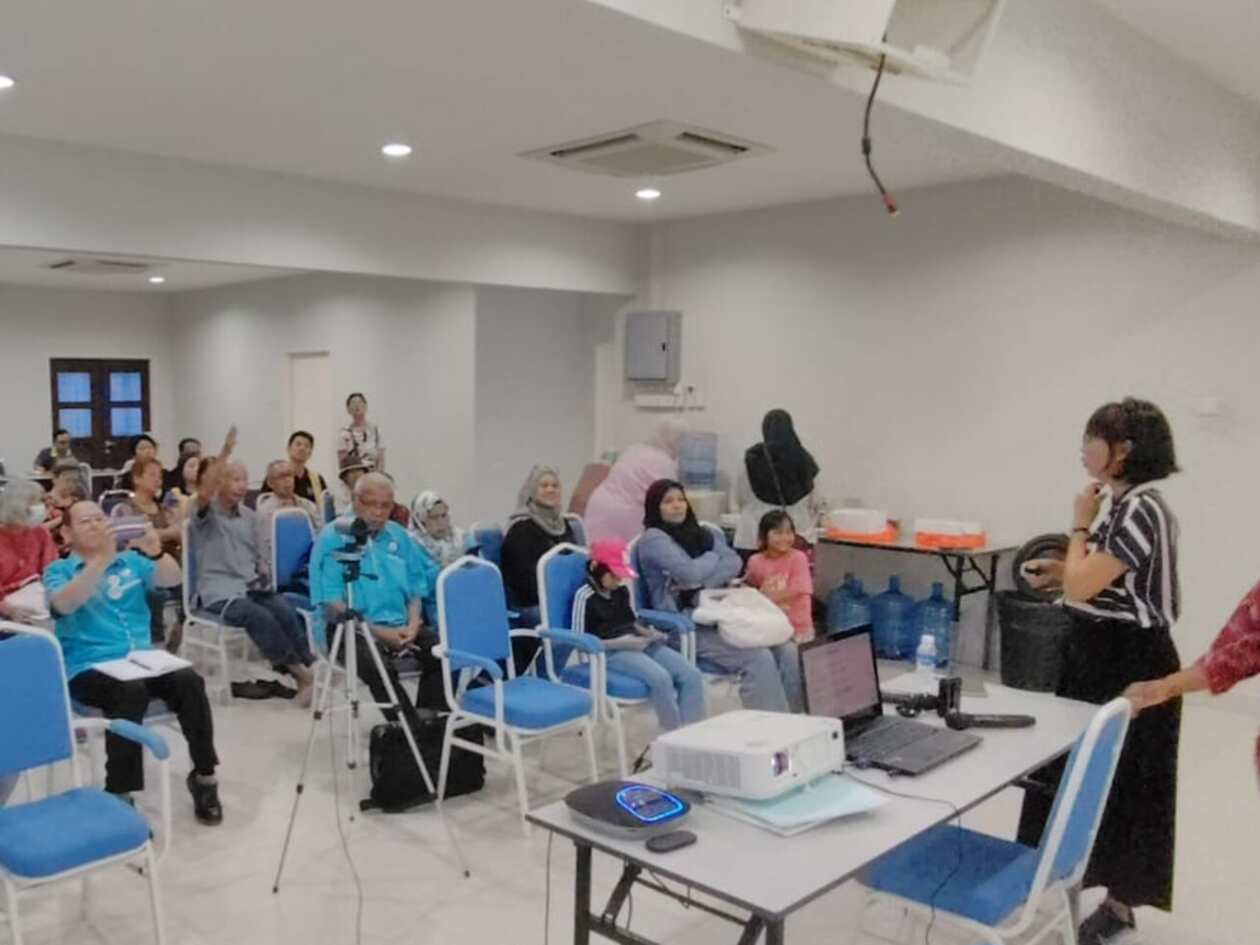
Managing Diabetes During Ramadan
Held on 22nd February 2025, the health talk brought together healthcare professionals and wellness experts to provide practical guidance on diabetes management, particularly during the fasting month. The event featured key speakers, Ms. Jocelyn Tay and Dr. Mohammed Arif Fahmi, who delivered valuable insights on gut health, dietary habits, and safe fasting practices for individuals living with diabetes.
One of the key takeaways from the talk was the importance of gut health in managing diabetes. Ms. Jocelyn Tay highlighted that many health issues originate in the gut and stressed the need to maintain a balanced gut microbiome. She elaborated on the role of essential enzymes such as serotonin, dopamine, GABA, and melatonin in regulating metabolism, mood, and digestion. The discussion also included dietary recommendations, such as incorporating fermented foods like kefir to promote gut health and avoiding processed meats, refined sugars, and highly processed foods that contribute to insulin resistance.
Medical Perspective on Diabetes and Fasting
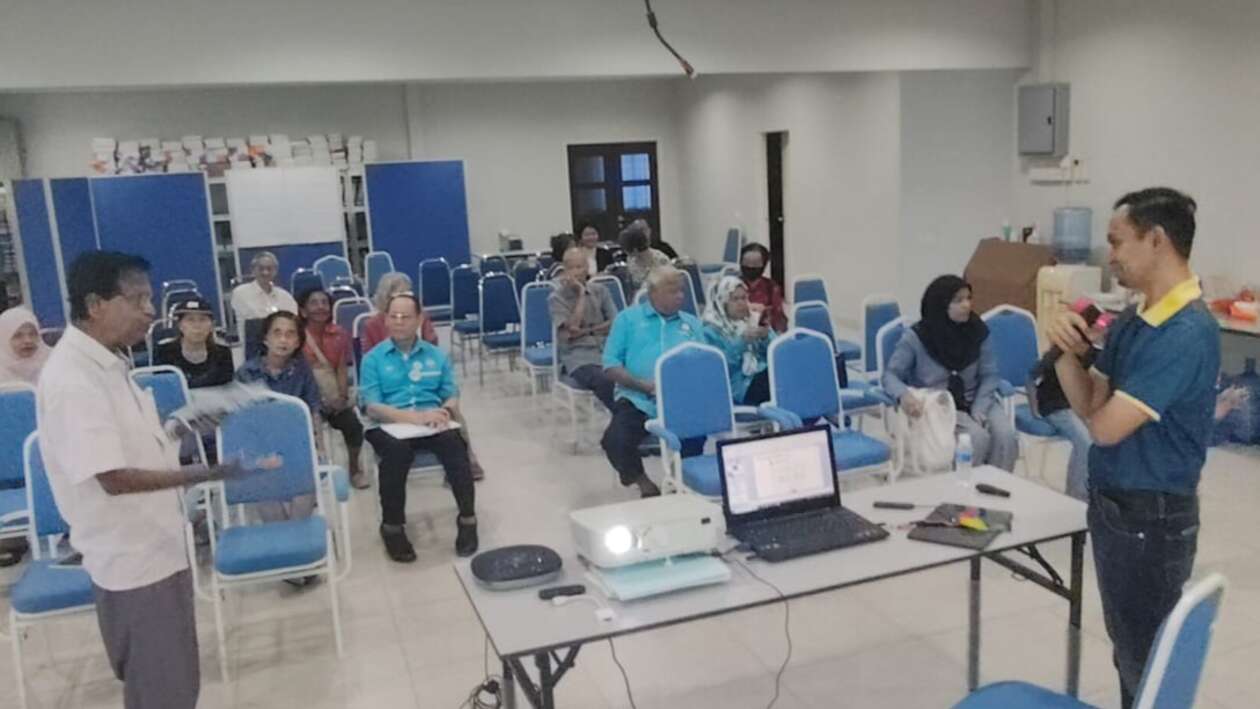
Dr. Mohammed Arif Fahmi provided a medical perspective on managing diabetes safely during Ramadan. He emphasized that individuals with diabetes should seek medical advice before fasting to ensure their blood sugar levels remain stable. He also recommended maintaining proper hydration and consuming balanced suhur meals rich in fiber, protein, and healthy fats to prevent glucose spikes and energy crashes during fasting hours.
His dietary recommendations included prioritizing low-glycemic index (GI) foods such as whole grains, legumes, and vegetables while limiting the intake of high-carbohydrate foods like dates and sweetened drinks. Additionally, he highlighted the benefits of light physical activity, such as walking, which can help regulate blood sugar levels without overexerting the body during fasting.
Interactive Discussions Provide Deeper Insights
The event’s interactive format allowed participants to engage with the speakers and seek clarifications on various aspects of diabetes management. One notable discussion centered on oral hygiene, where Ms. Tay advised against the use of Listerine, as it eliminates both beneficial and harmful bacteria. Instead, she recommended coconut oil pulling as a natural alternative for maintaining oral health. Participants also raised concerns about the impact of processed meats on health, reinforcing the need to avoid foods high in preservatives and unhealthy additives.

Another engaging discussion revolved around the benefits of fermented foods for gut health. Ms. Tay encouraged the incorporation of probiotic-rich foods such as kefir into daily diets to support digestion, immunity, and overall well-being. These insights provided attendees with practical solutions to integrate into their daily routines for better diabetes management.
Diabetes-Free Future
The health talk on “Active Ageing & Diabetes in Ramadan” served as a crucial educational platform for raising awareness about diabetes prevention and management. By emphasizing the importance of gut health, mindful eating, and balanced nutrition, the event empowered attendees with the knowledge to make informed lifestyle choices.
With diabetes being a growing public health challenge in Malaysia, individuals must take proactive steps to safeguard their well-being. Simple changes, such as adopting healthier eating habits, engaging in regular physical activity, and undergoing regular health screenings, can go a long way in preventing and managing diabetes. Public awareness initiatives like this will continue to play a pivotal role in combating Malaysia’s diabetes epidemic and ensuring a healthier future for all.
As the event concluded, participants were reminded that health is in their hands, and small, consistent efforts today can lead to a longer and healthier life. The key to tackling diabetes lies in education, awareness, and the commitment to making positive lifestyle choices.


